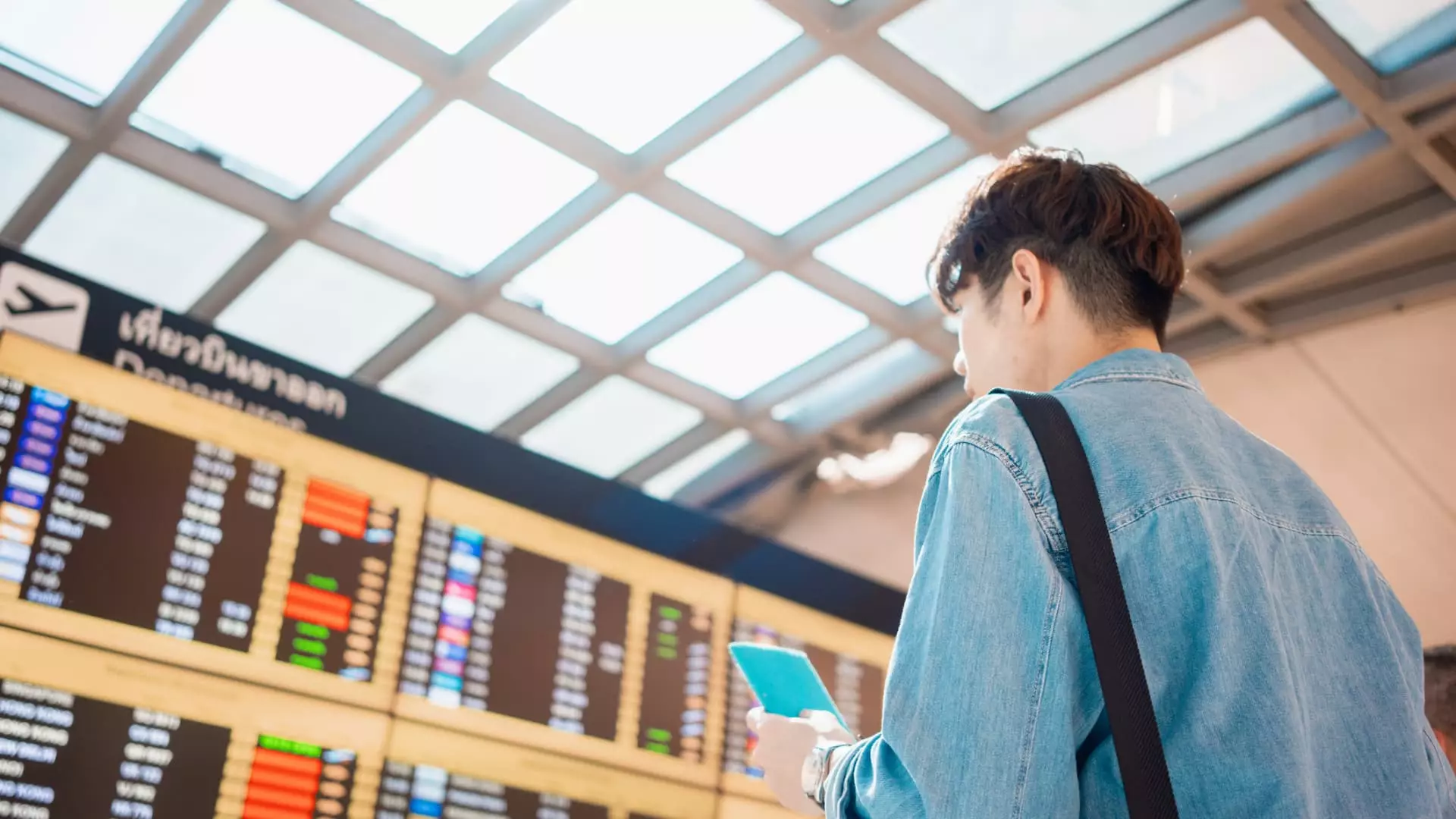In recent times, there has been a noticeable shift among Southeast Asians regarding their enthusiasm for traveling to the United States. This trend is particularly striking among Singaporeans, who are increasingly skeptical about visiting the U.S., driven by a complex web of safety concerns, evolving political climates, and social issues that cast a shadow over their perceptions. Analyzing this trend reveals not just a simple change in travel plans but a deeper reassessment of the American image—a decline that challenges traditional notions of the U.S. as an inviting, welcoming destination for global travelers.
Despite the U.S. historically being a symbol of opportunity and cultural aspiration, contemporary narratives have soured its reputation in the eyes of many Southeast Asians. The survey indicates that over 55% of Singaporeans are disinterested in traveling to the U.S., a stark contrast to the 44% of regional respondents who still hold some interest. Such a disparity underscores a regional divergence in perceptions, highlighting how local contexts fuel distinct attitudes towards America. Singaporeans, with their reputation for safety, order, and stability, seem particularly attuned to the risks now associated with U.S. travel, reflecting profound concerns about personal security and social harmony.
Safety Concerns: The Crumbling American Promise
Safety is at the core of the deteriorating image of the U.S. among Singaporeans. With gun violence, racial tensions, and border issues increasingly in the news, their perception of the U.S. as an unsafe environment has intensified. For Singaporeans, who are accustomed to a society with low crime rates and strict social norms, encounters with reports of hate crimes and firearm-related incidents fuel a sense of apprehension and distrust. Personal safety is no longer a hypothetical concern but a tangible barrier preventing interest in American travel, especially when reports of discrimination and police brutality resonate with their own safety expectations.
The perceived loss of safety extends beyond physical concerns; it also touches on social inclusivity. Many respondents express anxiety over racial hostility and potential discrimination, especially against Asian travelers. These fears are compounded by the political climate, where actions by leadership and legislative policies influence how visitors perceive the socio-political landscape. For many, the impression of a divided, unstable society makes the U.S. less attractive as a travel destination, reversing the centuries-old allure of the American experience.
Political and Media Influences: Shaping a Distorted View
The media plays a pivotal role in shaping perceptions, especially for Singaporeans who primarily rely on traditional news outlets for information. This contrasts sharply with their Southeast Asian neighbors, who lean heavily on social media platforms for news, often exposed to more visceral, sensationalized content. The result is a skewed narrative that emphasizes violence, political chaos, and social division, which feeds into fears and skepticism about traveling to the U.S.
The political climate, particularly issues like immigration policies, border enforcement, and leadership controversies, further deepens distrust. The survey’s findings that Singaporeans are less confident about passing U.S. immigration controls and are more concerned about being perceived as foreigners or potential targets of scrutiny point to an erosion of the welcoming image that America has traditionally projected. For many, this cultural disconnect translates into a reluctance to embark on journeys that seem fraught with obstacles—not just physical but also bureaucratic and societal.
Our Unquestioned Assumptions Under Scrutiny
A broad, often unquestioned assumption persists: that the U.S. remains an aspirational destination for all Asians. However, this survey and recent trends challenge that notion. For Singaporeans, who are known for their disciplined approach to safety and social order, the allure of the American dream—embodied by Hollywood glamour, technological innovation, and cultural influence—does not outweigh the real risks they perceive. Their lack of confidence in immigration processes further illustrates a fundamental shift: the myth of easy access and safety no longer aligns with reality.
This skepticism is compounded by economic considerations. While travel costs and visa requirements are less of a concern, the intangible costs—personal safety and social acceptance—loom larger. The gentle reassurance of a safe, well-ordered society is a luxury many Singaporeans no longer feel they can take for granted in the U.S. The narrative has shifted from boundless opportunity to guarded caution. Such a shift suggests that the American identity, as far as Southeast Asian travelers are concerned, is losing its universal appeal and becoming a more contested, uncertain space.
—
This evolving perspective demands reflection. It calls into question whether the U.S. can recapture its romanticized image as the land of opportunity for young, ambitious Asians—especially when perceptions are shaped by a confluence of media narratives, political realities, and social issues that seem increasingly disconnected from their own values and safety assurances. The retreat from the American travel dream among Singaporeans—and, by extension, other Southeast Asians—may very well signify a broader reassessment of what the American experience truly entails in the 21st century.

